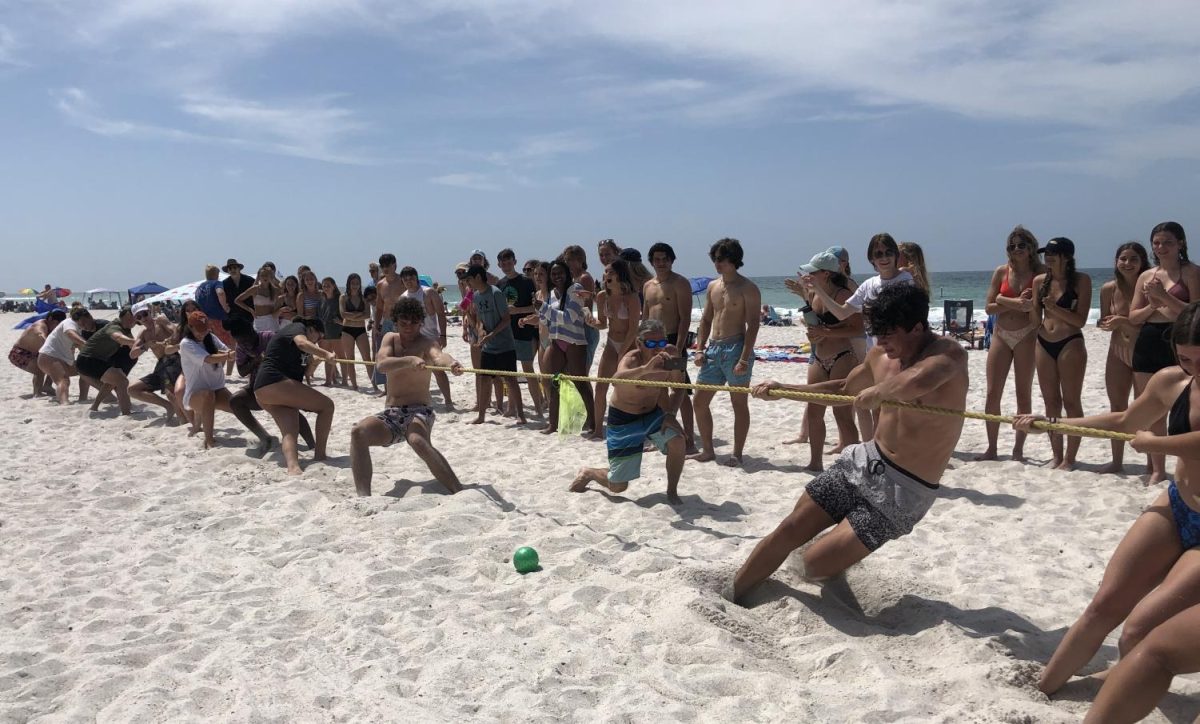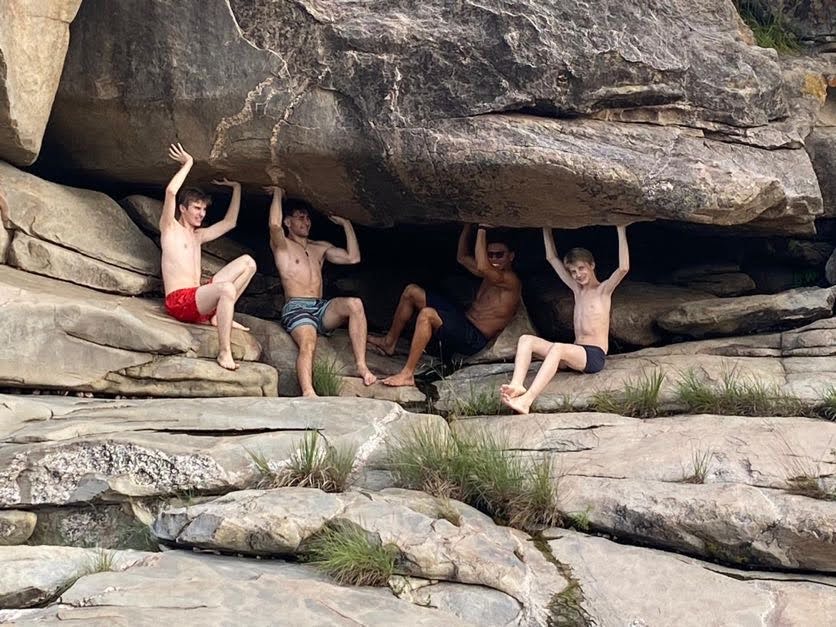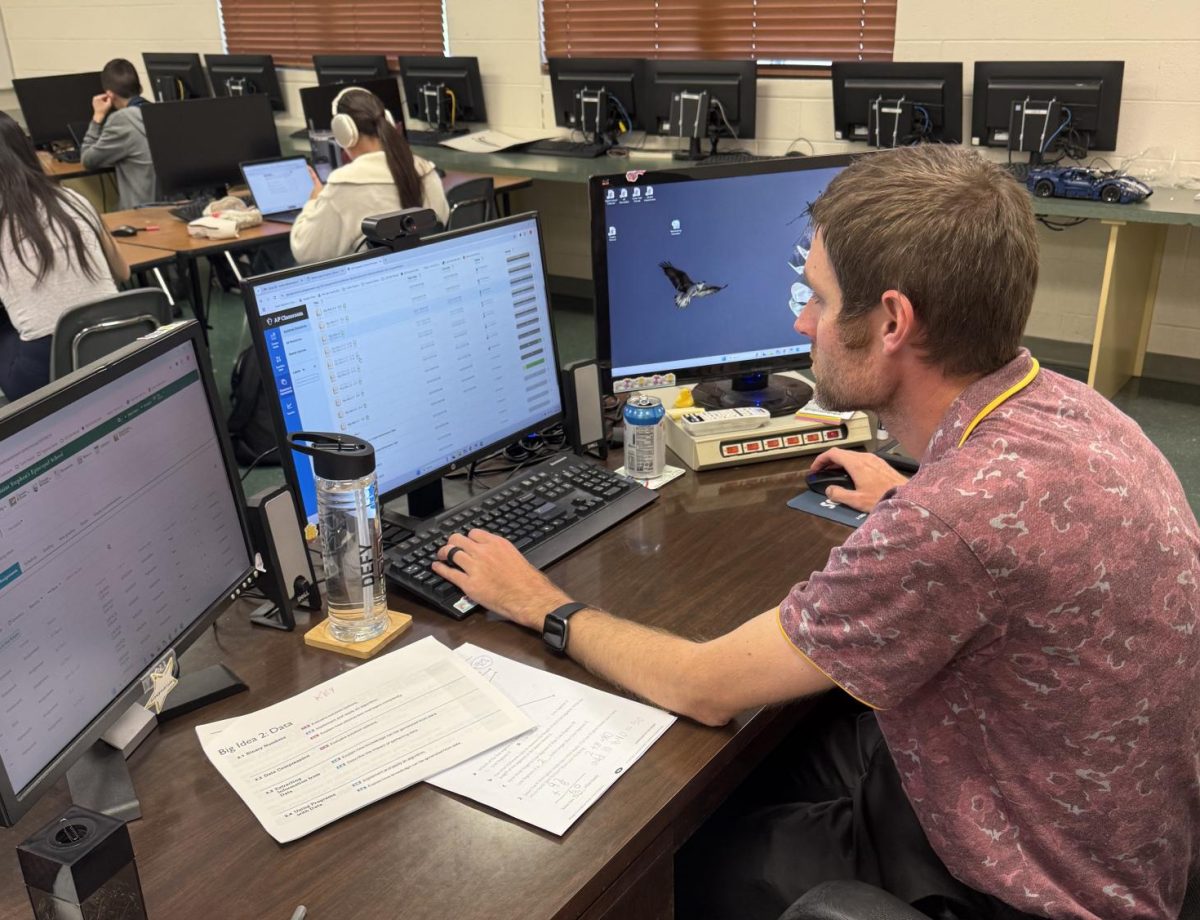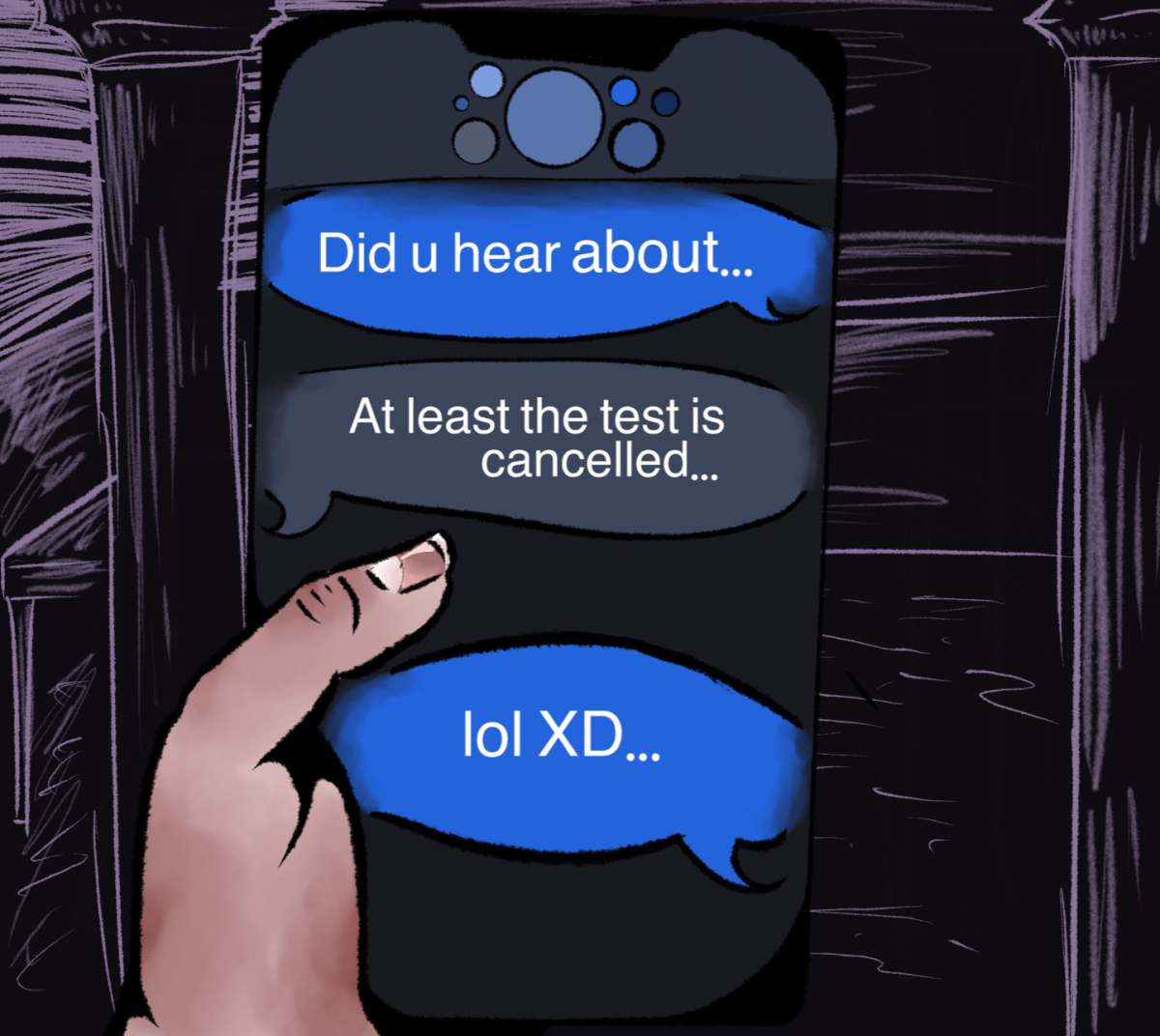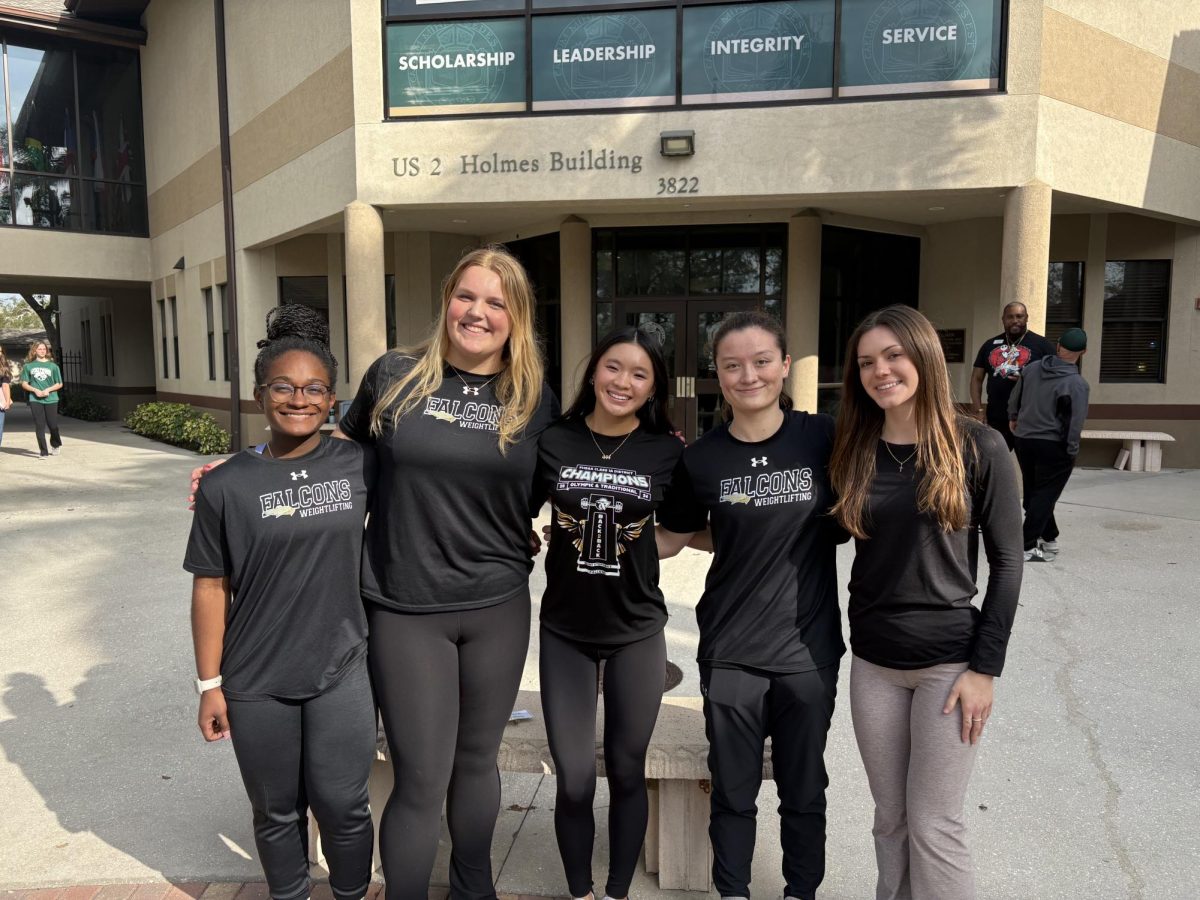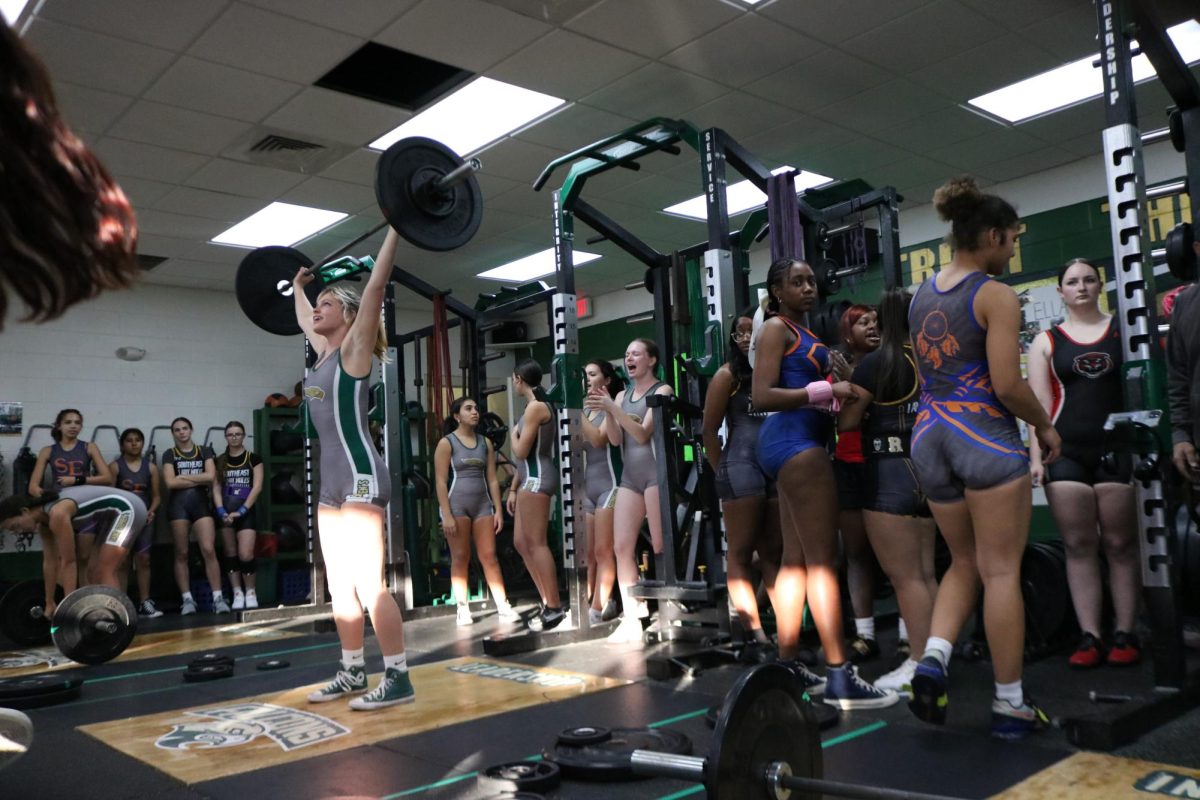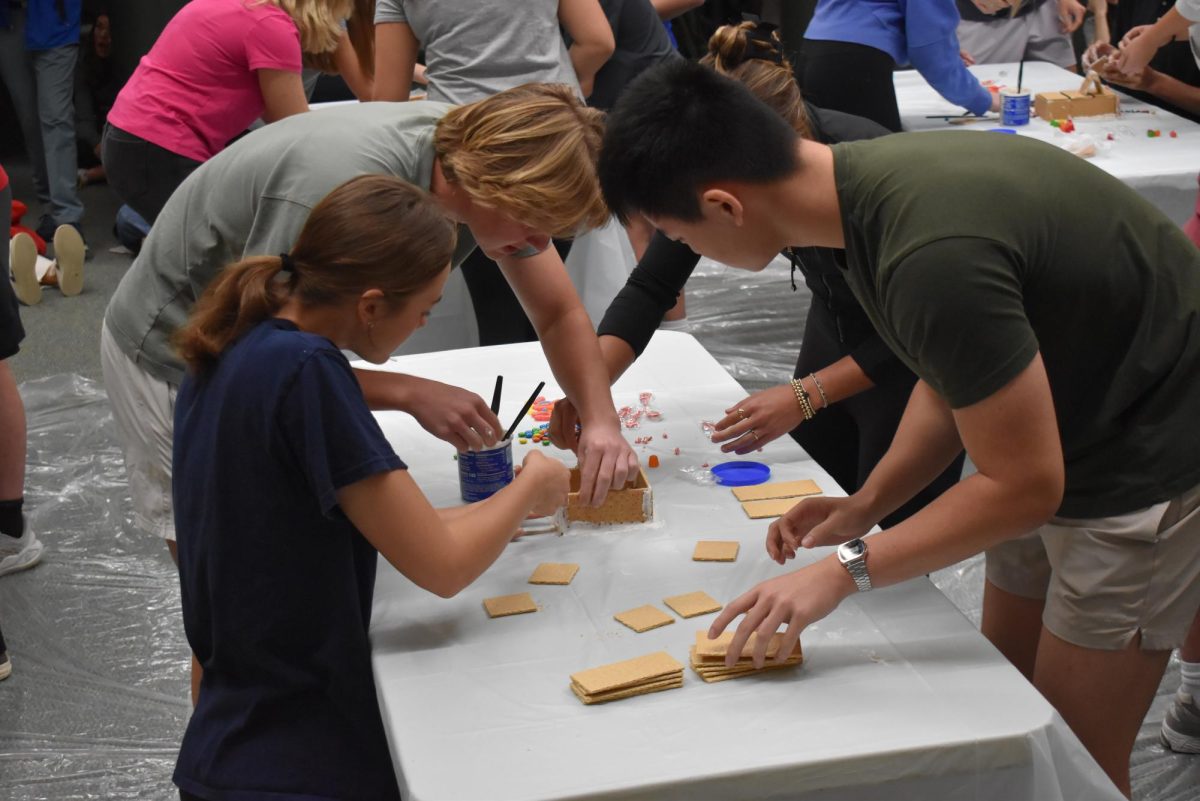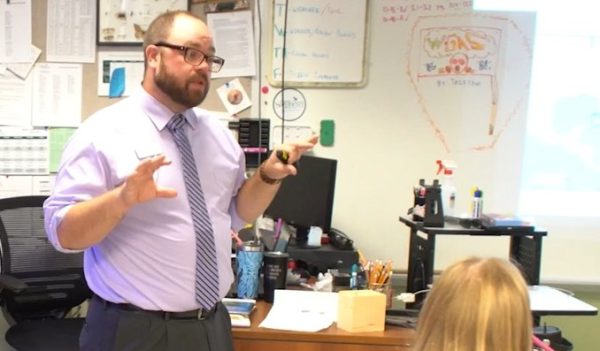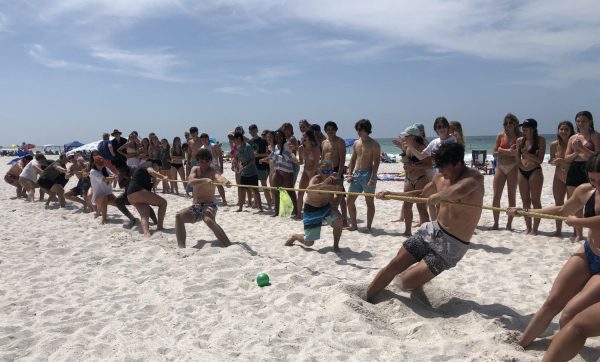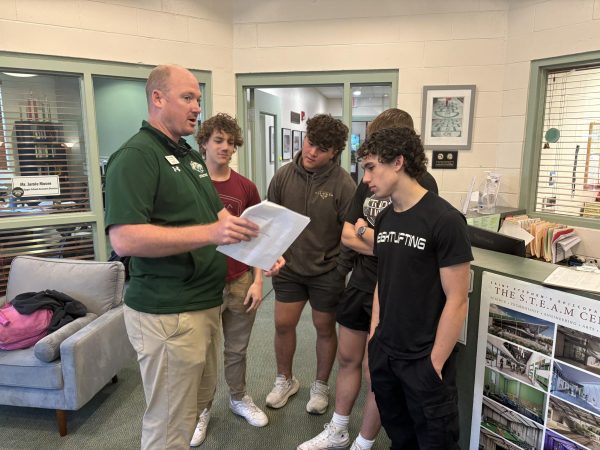The perfect summer
Building your college portfolio can take time away from your last couple years of being a kid, so don’t waste your time doing activities you don’t like– find something you love.
Finding the perfect balance between summer sun and portfolio isn’t so hard.
February 15, 2022
My friend pulls up outside my house in her gray Acura. The passenger seat has piles of fast food bags blocking the seat. After I finally make room for myself, we drive, windows down, along Manatee Avenue blasting our favorite music.
We arrive at the beach and immediately I step out of the car to feel the AMI breeze. The water is cold, colder than it usually is during the summer, and I stay cool all day. Nothing could make this summer better: I was with friends, I had fun and I didnt have a care in the world except having a great time.
This is how most of us imagine our perfect summer, surrounded by friends, hanging out at the beach and not having a care in the world. I mean, it sounds nice and all, but how realistic is this fantasy?
I hate to say it, but for most of us, high schoolers in particular, this isn’t feasible. Sure, if you want to “chillax” all summer long you can, but where would that get you in the long run? Is “chillaxing” going to be your most impressive extracurricular?
Nowadays, colleges expect you to stay academically driven during the summer. This doesn’t necessarily mean taking summer classes, but you need to show that you are building your portfolio somehow. I know this sounds like a total 180 of how I described my perfect summer, but realistically, because this summer academia trend has become widespread, if you don’t work towards college, your chances of acceptance diminish greatly.
The only option that will allow you to have both a perfect summer and build your portfolio is finding work or a program you love. You need to build your portfolio to ensure your acceptance, but who says you can’t have fun while doing the work?
For this upcoming summer, I applied for a college summer program where I might be studying law, psychology, journalism or musical theater, as well as volunteering at Dream Oaks, a camp for children with disabilities. Quantitatively speaking, I’m working on my portfolio for 70% of the summer.
Saint Stephen’s is blessed to have 10 weeks of summer break compared to the average eight weeks, but how much of this break do you actually get to enjoy?
I have found that doing summer programs that actually involve your interests changes the notion of being required to participate into wanting to participate. Find something you enjoy and only partake in the said program if you want to actually do it.
I volunteer at Dream Oaks and I love the camp and the kids. It never feels like work because I love every second of it. You always hear the phrase, “Choose a job you love and you’ll never have to work a day in your life.” This concept of work being something you love will change your whole perspective of life. While my summer “job” may ask me to be on call for my kids all night, I still can’t help but love every second of the experience.
I know the summer college program doesn’t sound exciting, but if you pick a field of study that interests you, then those two weeks should fly by. The opportunity may allow you to experience first hand the field of study you may ultimately choose for college. You also practice the application process: You’ll write your infamous “why us” essay, ask one of your favorite teachers for a recommendation letter, and finally hope and pray you see an accepted letter in your email from their admissions.
This may have just stressed you out and that’s ok; It brings me back to my point– college has become embedded into our summer.
We as students place stress on ourselves because we focus on building the perfect portfolio. We act as if we are a product and we are trying to sell ourselves to colleges. And yes, while this is true that doesn’t mean we can’t have a perfect summer while attempting to build our “product.”
Before I accept or take on any serious commitment, I always ask myself, “What are my reasons for wanting to do this?” This allows me to think of my motivation and truly consider whether or not to accept said commitment. I have learned that It is only when we listen to our wants that we will make the right decision.



